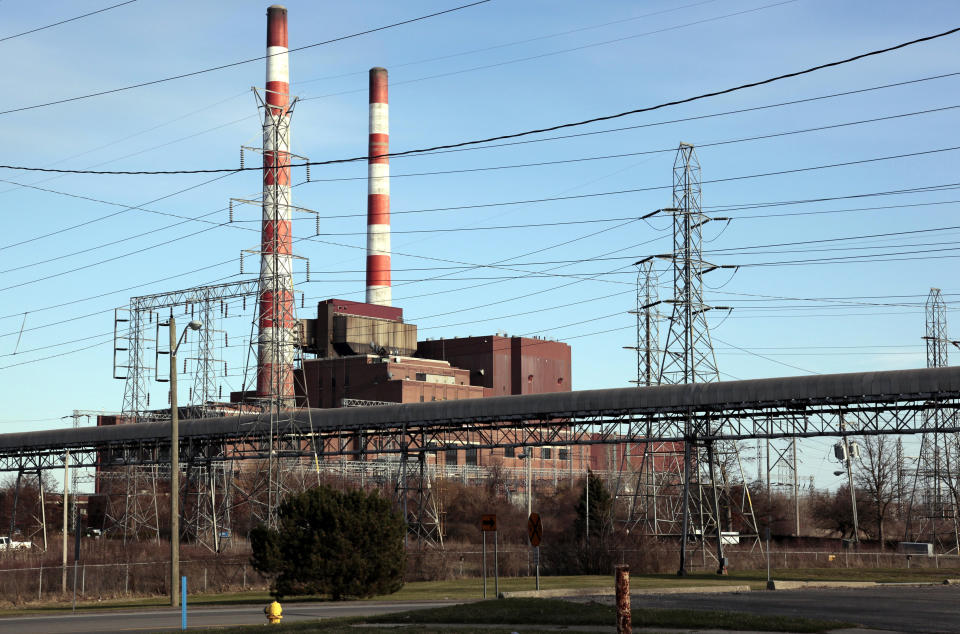An emerging cybersecurity threat could cost lives — not just data
The threat of hackers taking their efforts into the real world, crippling infrastructure such as nuclear facilities and chemical plants rather than stealing credit card numbers, is one of the biggest concerns facing the global economy in 2020, according to the World Economic Forum’s 2020 Global Risk Report.
The annual report, which was compiled for the WEF in partnership with Marsh & McLennan (MMC) and Zurich Insurance Group, points to cyberattacks on the energy, healthcare, and transportation industries as the fifth biggest risk in 2020, and something that has become the new normal.
From the digital world to the real world
“What we’ve seen in the past are really thefts of data in the form of data being stolen, your social security numbers, your credit card numbers, or data being held hostage in the form of ransomware,” Marsh & McLennan general counsel Peter Beshar told Yahoo Finance during an interview at the World Economic Forum.
“But really the emerging threat, what experts are particularly concerned about, is the idea that you can manipulate the controls of nuclear facilities, chemical plants, telecommunications networks, and that that could morph from the digital realm really into the physical realm, so that you went from a loss of data to the loss of life,” Beshar added.

Cyberattacks have already been used on critical computer systems throughout the U.S., and will continue to proliferate as the cost of technologies required to launch attacks continues to fall.
Look no further than the continued ransomware attacks that have taken down computer systems in municipal and state governments, as well as hospital networks across the country.
In December, New Jersey’s largest hospital network, Hackensack Meridian Health, admitted it paid a ransom to criminals, after a ransomware infection forced some of the network’s 17 hospitals to cancel patient surgical procedures.
Stopping the attacks
According to Bashar, there are potential ways to address cyberattacks like those impacting cities and companies around the world.
New technologies like quantum computing and artificial intelligence could be used to help fight back against such crimes. However, Beshar admits they could just as easily be flipped and used by criminals to attack the innocent.
He points to the National Security Agency’s recent disclosure about a vulnerability in Microsoft’s (MSFT) Windows 10 operating system, as something that hackers could have abused to hurt millions of people around the world.
“They had identified a flaw in the software, Windows 10, that underpins some 900 million desktops,” he said. “And so if nation states or hackers can use AI to find and then exploit those vulnerabilities, that poses a significant threat for the business community.”
For the foreseeable future, cyberattacks and crimes will be a constant threat. And, unfortunately, in many cases, the best defense is vigilance.
More from Dan:
Why super-fast 5G iPhones might not power a 'supercycle' for Apple
Trump's Apple threat would put every iPhone on Earth at risk
Microsoft swallows its pride and releases new Chrome-based browser
Got a tip? Email Daniel Howley at danielphowley@protonmail.com or dhowley@yahoofinance.com, and follow him on Twitter at @DanielHowley.
Follow Yahoo Finance on Twitter, Facebook, Instagram, Flipboard, SmartNews, LinkedIn, YouTube, and reddit.

 雅虎香港財經
雅虎香港財經 
